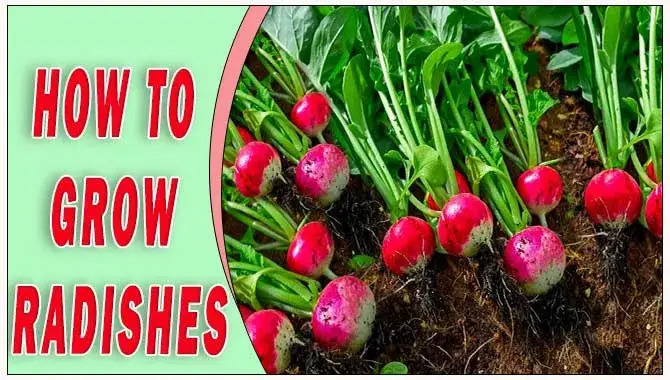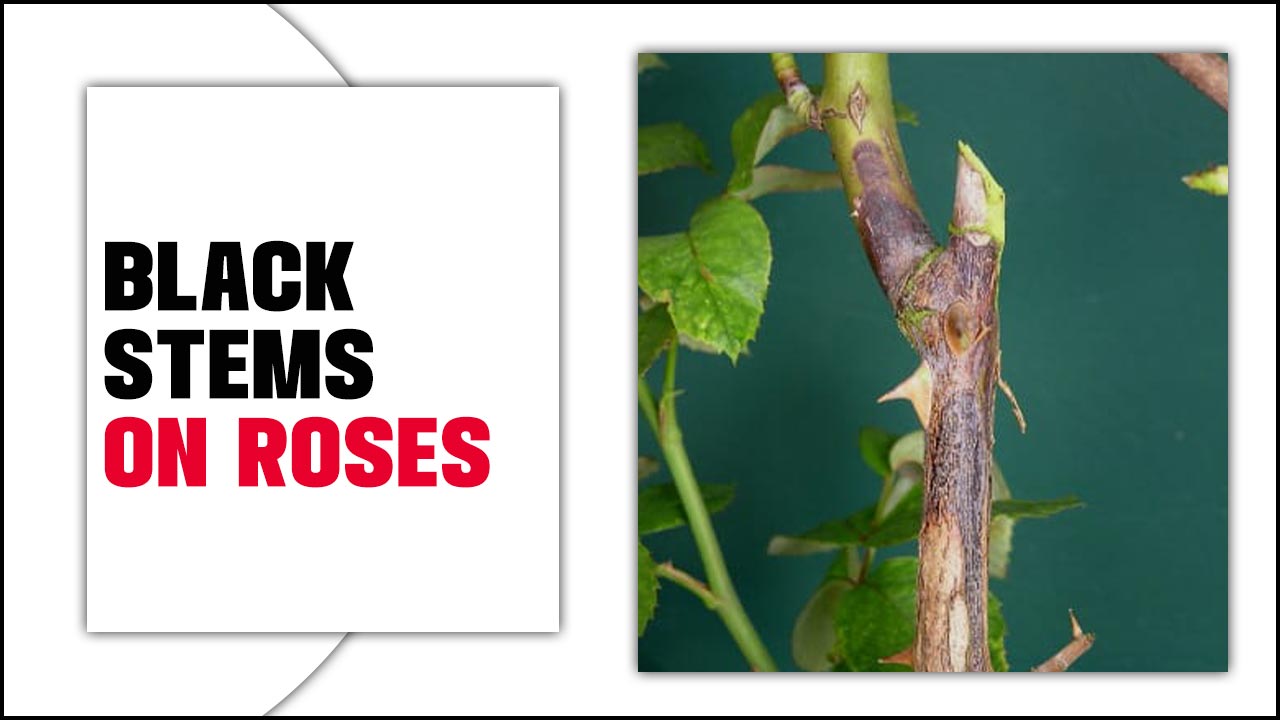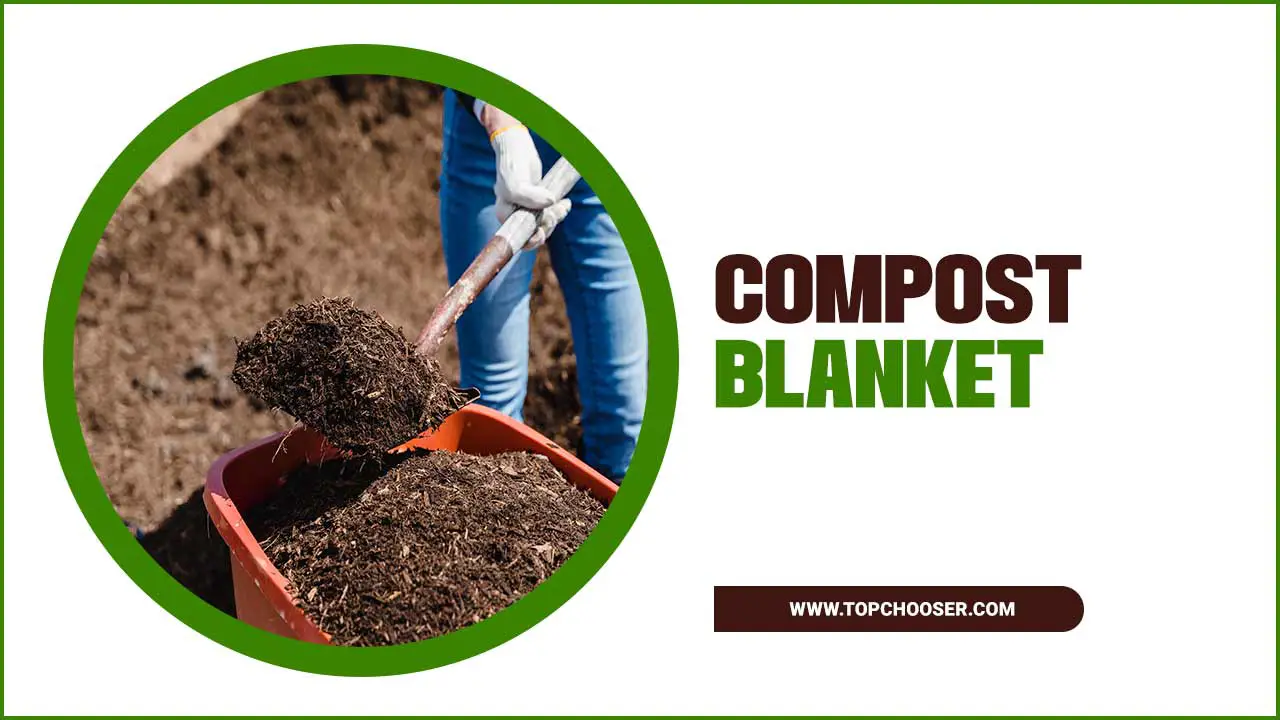In today’s world, sustainability has become a buzzword. We all want to do our part in preserving the planet for future generations. One crucial aspect of sustainability is finding alternatives to traditional plastics that can harm the environment.
That’s where BPI compostable products come into play. We will delve into what exactly BPI compostable products are and how they differ from traditional plastics. Here, we will also explore the role these products play in achieving zero waste goals and the benefits they offer for the environment.
Additionally, we will discuss the challenges and limitations of BPI compostable products and what the future holds for this sustainable solution. Get ready to discover a greener way forward with these products!
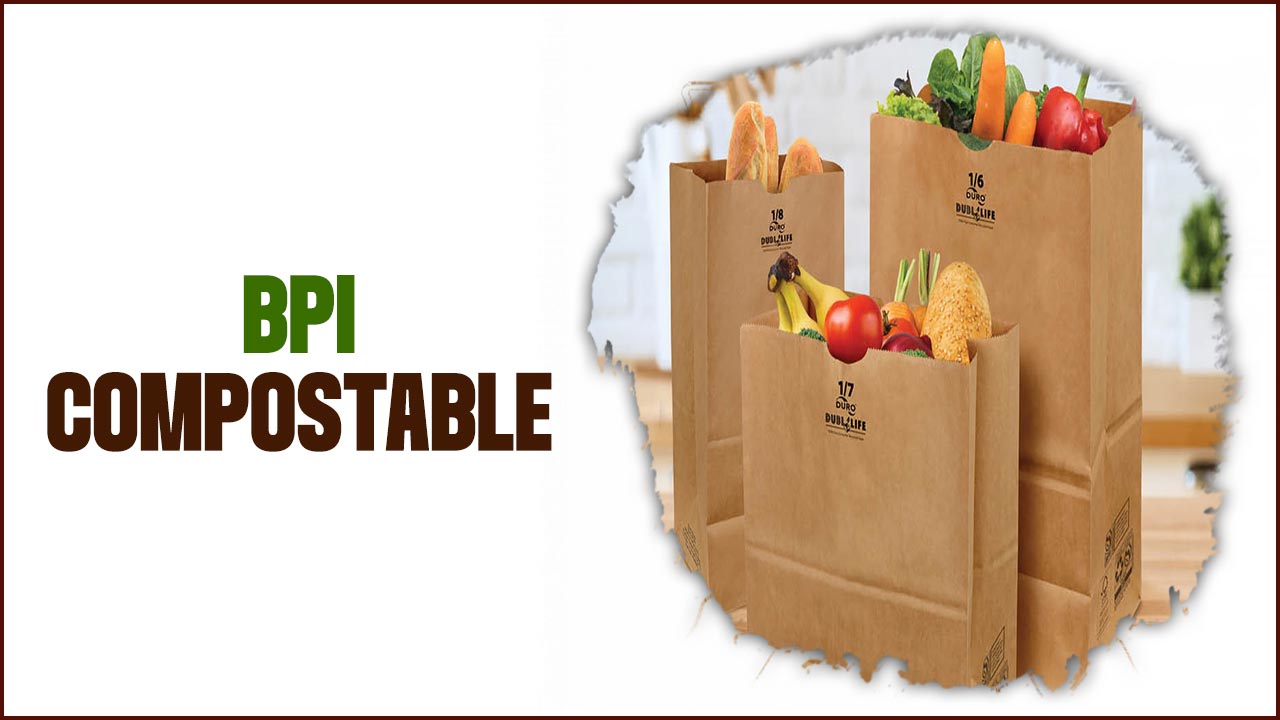
Why Are Bpi Compostable Products Crucial To Sustainability?
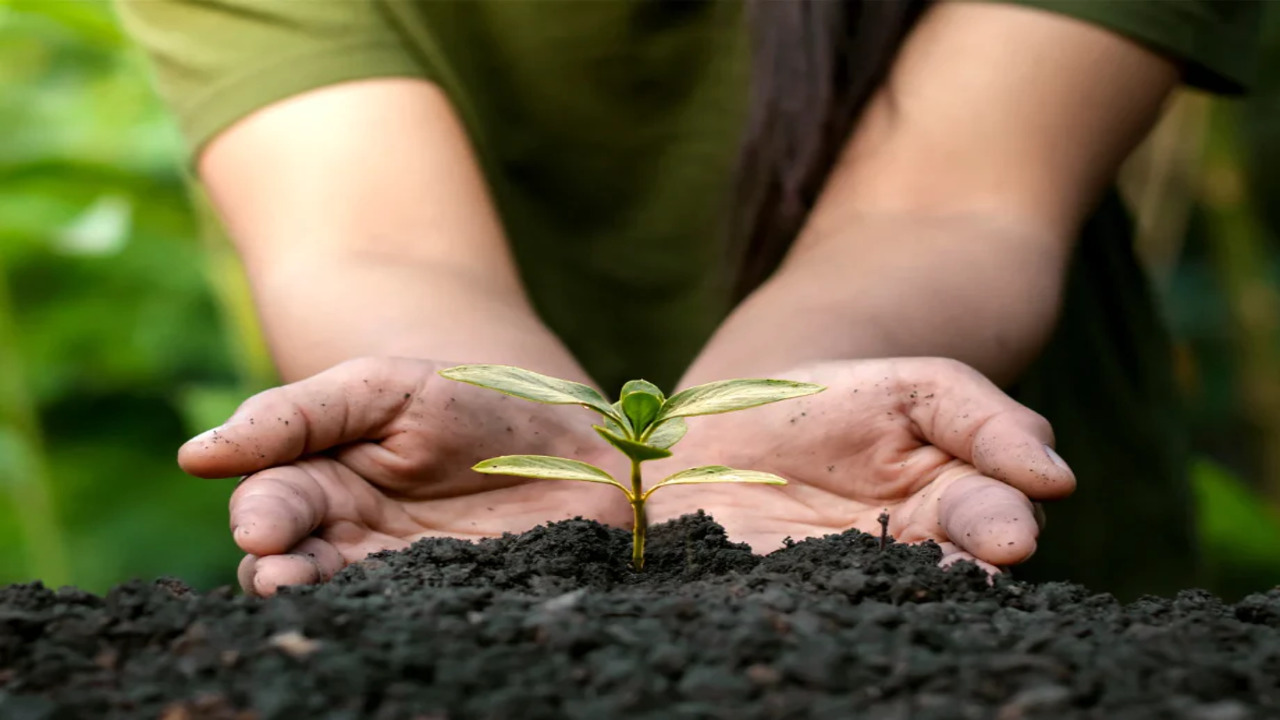
BPI compostable products play a crucial role in sustainability. Plants are used to make them and naturally break down, reducing landfill waste. By using these products, we can minimize our environmental impact, conserve resources, and promote a circular economy.
Furthermore, BPI compostable products offer a promising alternative to traditional plastics, which can take hundreds of years to decompose. These eco-friendly products biodegrade quickly and completely, leaving no harmful residues or microplastics. This helps manage waste and protects our soil, waterways, and ecosystems from pollution.
What Are BPI Compostable Products?
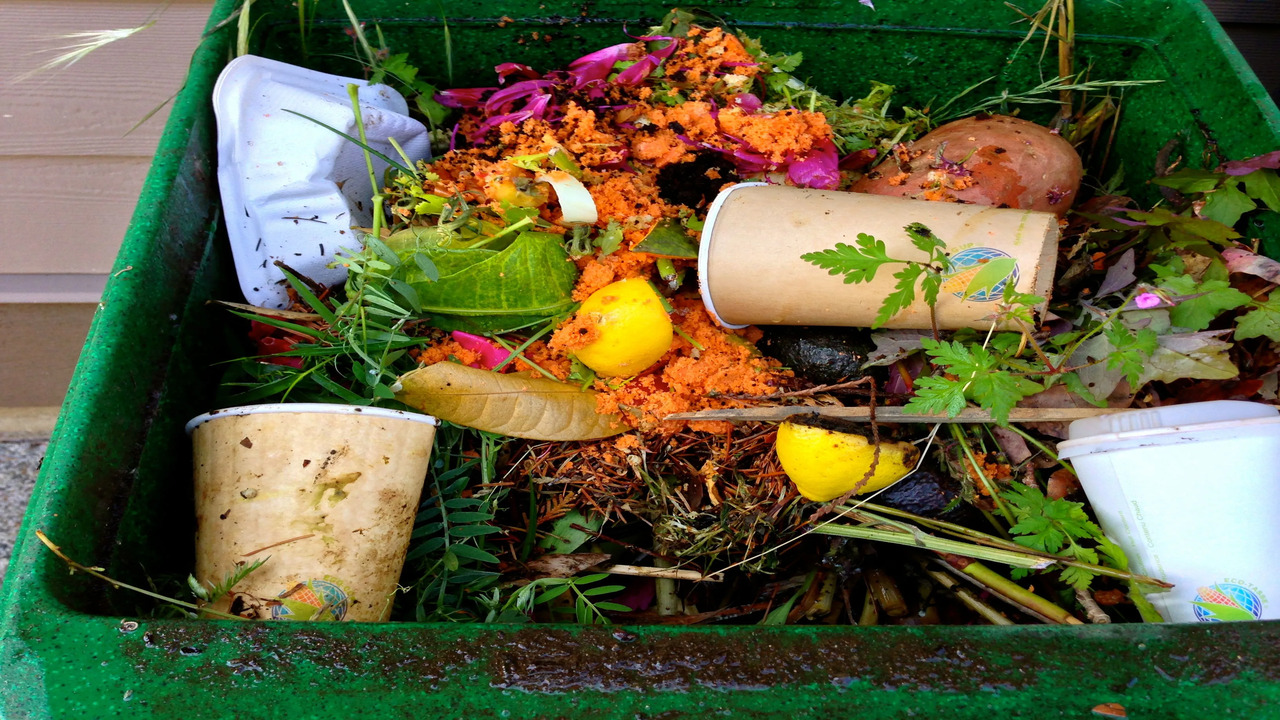
The Biodegradable Products Institute certifies BPI Compostable products made from materials that can break down into compost. These products, including food packaging and utensils, help reduce waste and promote sustainability.
The designers created them to mimic the functionality of traditional plastics while being environmentally friendly. Manufacturers typically make BPI compostable products from renewable resources such as cornstarch, sugarcane fibre, or plant-based polymers. These materials have undergone rigorous testing to ensure they meet the standards set by the Biodegradable Products Institute.
BPI compostable products are not only biodegradable but also compostable. This means they can break down into nutrient-rich compost when subjected to the right conditions, such as heat and moisture. Unlike traditional plastics, which contribute to landfill waste and take centuries to decompose, BPI compostable products offer a sustainable and efficient solution.
Composting these products contributes valuable nutrients to the soil that help plants grow and reduce the need for chemical fertilizers. This circular process helps close the loop in our resource consumption, making BPI compostable products an excellent choice for individuals and businesses looking to make a positive environmental impact.
The Role Of BPI Compostable Products In Achieving Zero Waste Goals
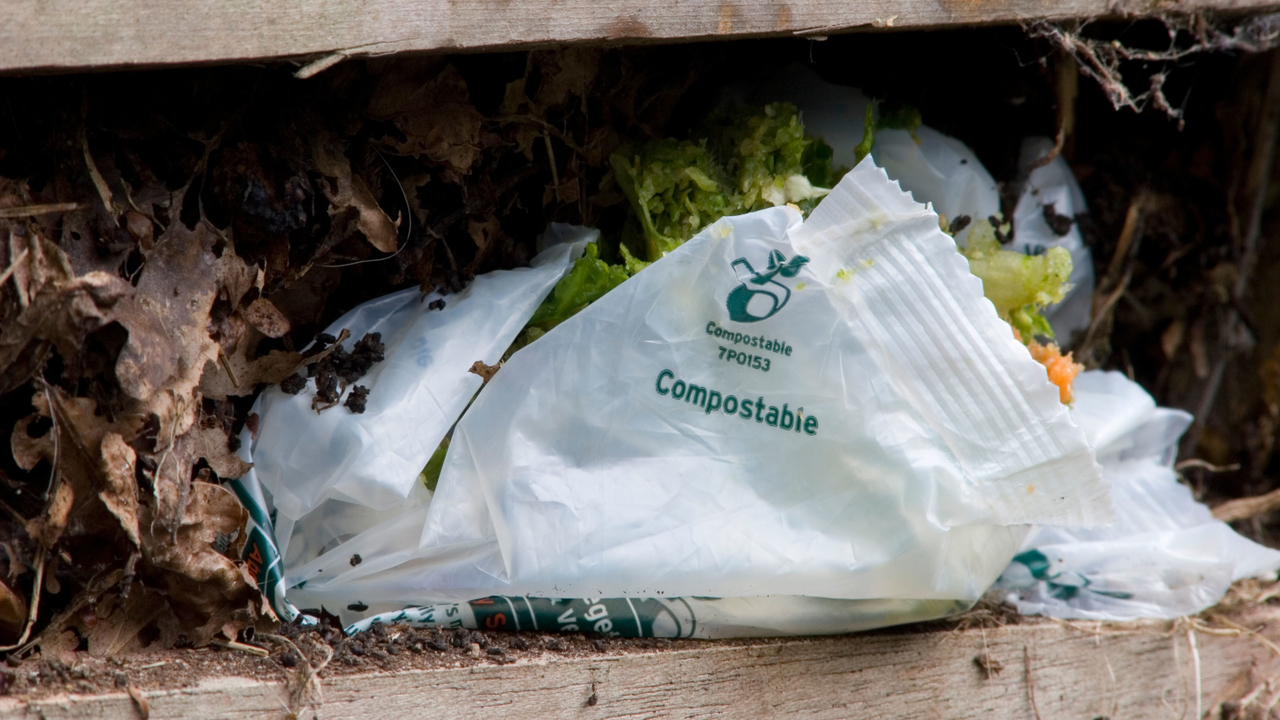
Using BPI compostable products has become increasingly important in achieving zero waste goals. The manufacturers designed these products to break down naturally and quickly, leaving no harmful residue or waste behind.
The role of BPI compostable products in achieving zero waste goals is significant and multifaceted. First, these products can help reduce the amount of waste in landfills. Using compostable products instead of traditional plastic products will send less waste to landfills, which contributes to reducing greenhouse gas emissions.
Second, BPI compostable products can help reduce the amount of plastic pollution in the environment. Traditional plastic products are not biodegradable and can take hundreds of years to break down, accumulating in the environment and threatening wildlife.
Compostable products, on the other hand, break down naturally and quickly, leaving no harmful residue behind. Finally, using BPI compostable products can help promote sustainable practices and reduce the overall carbon footprint.
How BPI Compostable Products Are Different From Traditional Plastics
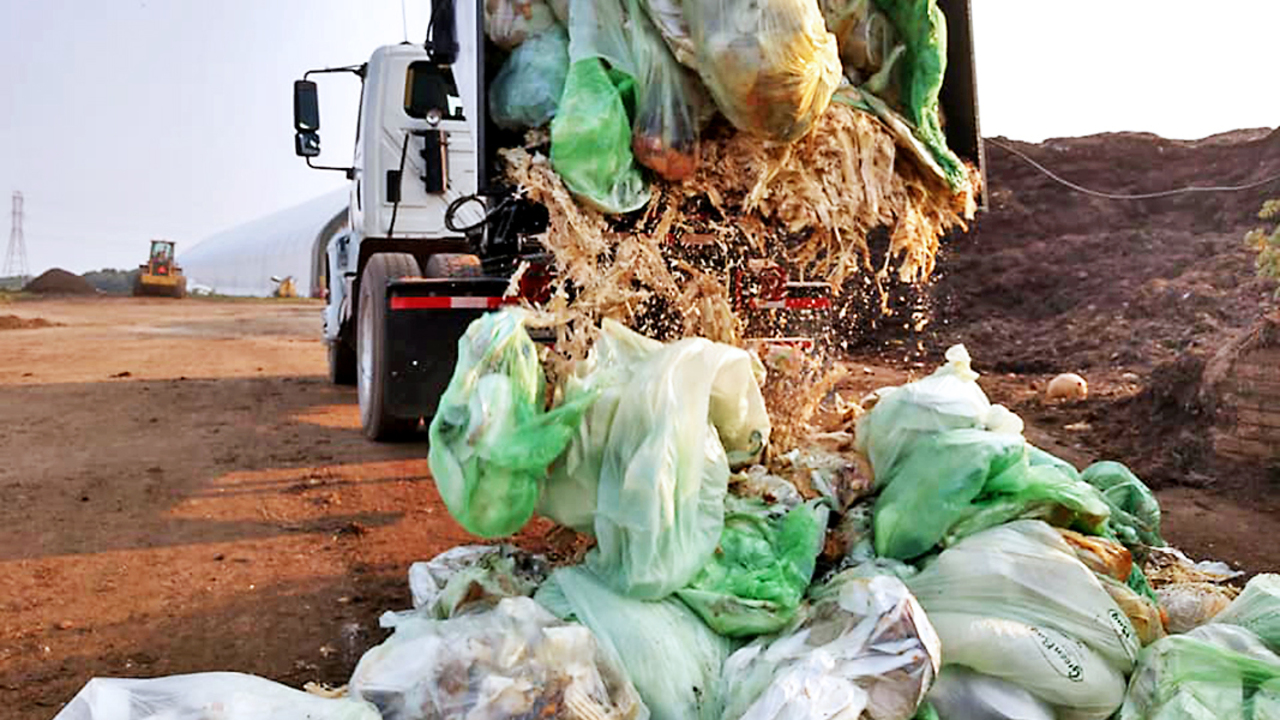
BPI compostable products differ from traditional plastics in several key ways. Unlike traditional plastics derived from fossil fuels, BPI produces compostable products from renewable resources such as plants or agricultural waste.
Additionally, while traditional plastics can decompose in the environment for hundreds of years, BPI compostable products break down much faster, typically within a few months. Furthermore, BPI compostable products do not release harmful toxins or microplastics into the environment during decomposition, making them a safer and more sustainable alternative.
Lastly, using BPI compostable products helps reduce greenhouse gas emissions and conserve natural resources, contributing to a healthier planet for future generations.
The Environmental Impact Of Traditional Plastics
Traditional plastics have a significant environmental impact, contributing to pollution and greenhouse gas emissions throughout their lifecycle. In contrast, BPI compostable products offer a sustainable solution.
They can break down into compost through natural processes because they are made from renewable resources. Composting these products reduces waste in landfills and provides nutrient-rich soil for agriculture.
BPI certification ensures that these products meet strict compostability standards, making them an environmentally beneficial choice that supports sustainability efforts.
Challenges And Limitations Of BPI Compostable Products
One of the biggest challenges facing BPI compostable products is the lack of infrastructure for composting in many parts of the world. While these products offer a more sustainable solution than traditional plastics, they require specific conditions to break down properly.
This means that in areas without access to commercial composting facilities or home composting systems, these products may not be able to decompose fully. Additionally, the materials used to make.
BPI compostable products, such as plant-based plastics, can be more expensive to produce than their traditional counterparts. This has limited the availability of these products and made them less accessible for consumers on a budget.
Another limitation of BPI compostable products is the misconception that they are biodegradable in any environment. This can lead to improper disposal, with people mistakenly throwing these products into regular trash bins or littering them in the environment.
The Benefits Of BPI Compostable Products For The Environment
BPI compostable products offer numerous benefits for the environment. These products are designed to naturally break down in a composting environment, reducing waste sent to landfills. Composting BPI products helps divert organic waste from landfills, decreasing greenhouse gas emissions and soil pollution.
BPI compostable products are a sustainable alternative to traditional plastics made from renewable resources like plant-based materials or recycled paper. Using these products, we can promote a circular economy and turn waste into valuable compost that enriches the soil and supports plant growth.
The Future Of BPI Compostable Products

As sustainability becomes increasingly important, the future of BPI compostable products looks promising. The company designed these products to break down into organic matter in composting facilities, which reduces landfill waste. Made from renewable resources like plant-based materials also help decrease reliance on non-renewable resources.
By turning into nutrient-rich compost instead of releasing methane in landfills, BPI compostables further contribute to reducing greenhouse gas emissions. The demand for BPI compostable products is set to increase as consumers and businesses prioritize eco-friendly alternatives.
Conclusion
Bpi (bioplastics) is an umbrella term for any plastic material made from renewable resources, such as plants, that can be used as an alternative to traditional plastics.BPI compostable products are crucial in achieving sustainability and zero waste goals. These products are designed to break down into organic matter when composted, reducing the environmental impact of traditional plastics.
You can contribute to a cleaner and healthier planet for future generations by choosing BPI compostable products. Despite some challenges and limitations, the benefits of using BPI compostable products far outweigh the drawbacks. Together, we can create a more sustainable future.
Frequently Asked Questions
[rank_math_rich_snippet id=”s-ad821dc8-1cd0-4e91-8ae3-5fa59ea39da0″]

I am passionate about home engineering. I specialize in designing, installing, and maintaining heating, ventilation, and air conditioning systems. My goal is to help people stay comfortable in their homes all year long.



